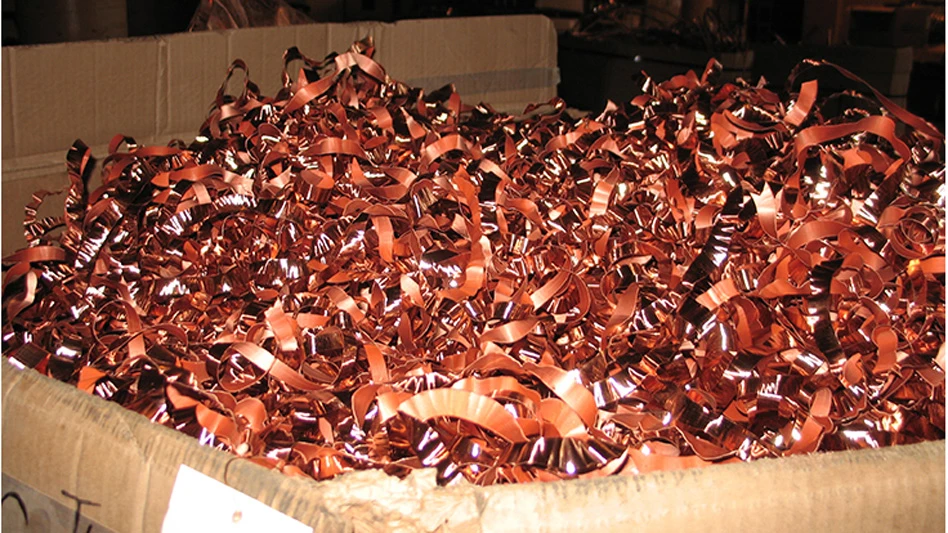This is the second of four special equipment guides Recycling Today is producing in 1997. These guides are designed to help those in the industry, and those looking to get into it, make the best choices for purchasing and upgrading critical equipment.
The scrap handler is probably best characterized as the work horse of the scrap yard. It is the processor’s main tool for moving scrap from the peddler’s truck to the shear or shredder. It is also used for loading railcars and outbound trucks with processed scrap.
The cable crane has long been the mainstay of the scrap industry, and its durability helps it endure in today’s scrap environment. However, the hydraulic scrap handler is fast becoming the machine of choice due to its ease of handling, versatility and capacity.
When looking to purchase a scrap handler, it is important to understand the differences between hydraulic scrap handlers that were converted from excavators and those that were built expressly for handling scrap metal. Most of the major companies today are not offering purpose-built handlers, but there are certainly more models on the market now than there were only a few years ago.
Additionally, the processor has to decide between wheeled, tracked or stationary handlers. Each configuration has advantages, so this area should be investigated.
The buying process does not end with the purchase of a new scrap handler. Attachments such as grapples, shears and magnets must be carefully considered. Each must match the handler correctly. Currently, there is a wide variety of grapples on the market, some with 360-degree rotation. And mobile shears are becoming popular as processors dedicate one or more excavators to shearing only, eliminating torch cutting operations.
Electromagnets are probably the most complicated of the attachments. The scrap handler has to be fitted with a generator and the operator has to understand the properties of the magnet so that he can operate and care for it in a proper manner.
Other areas such as choosing the right tires, the front configuration and a reputable rebuilder of hydraulic components also need to be examined.
All of these topics are discussed in this guide. In addition, we have assembled a glossary of terms and a directory of manufacturers and major suppliers to further help you in your buying process.
Comments or suggestions concerning this guide should be directed to Recycling Today, 4012 Bridge Ave., Cleveland, OH 44113, tel. (800) 456-0707.

Explore the August 2001 Issue
Check out more from this issue and find your next story to read.
Latest from Recycling Today
- Nexwaste acquires 3 Texas businesses
- Maryland EPR bill awaits signature
- ABTC sells Fernley, Nevada, property
- Aqua Metals developing LFP recycling process
- RMR ceases shredding operations in Newport, Kentucky
- Bluewater streamlines solar panel replacement, recycling in Bermuda
- Steve Levetan to receive ReMA Lifetime Achievement Award
- ReMA, Germany’s VDM issue joint tariff statement






